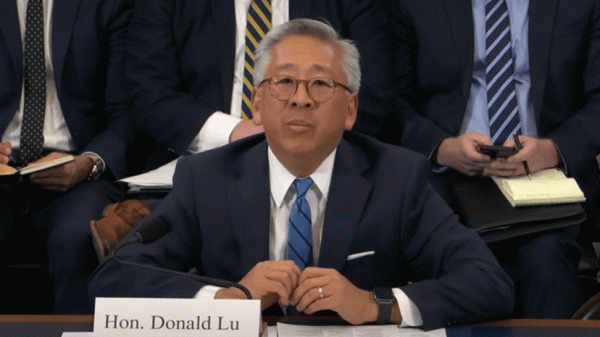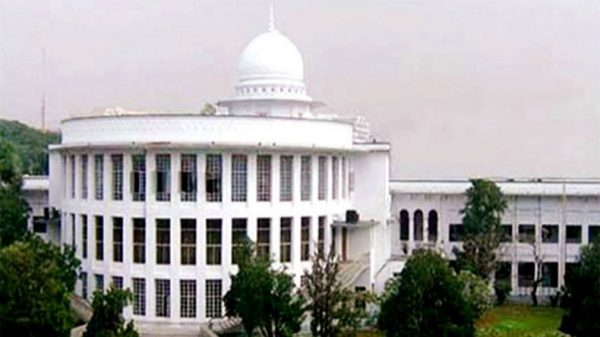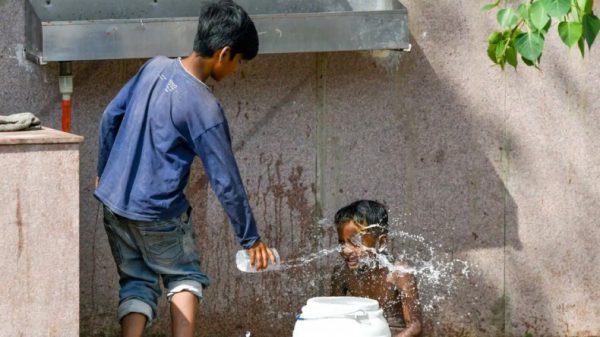Fires that leave slum people in distress, call for housing

FIRE safety in urban areas has largely been a neglected issue. Risks and vulnerability are especially higher for the poor people. A fire early Friday in the Bauniabadh slum at Mirpur in Dhaka shows the vulnerability. At least 25 people were injured and more than a hundred shanties were burnt. In August, more than 2000 families lost their belongings to a similar fire in a nearby slum. The situation in other cities is no different. In February, at least nine people were burnt to death and several others were injured in Bera Market slum of Chaktai in Chattogram. Government responses so far have been limited to forming committees to investigate the fires and occasional relief for victims. The question of housing for low-income or working class people who earns a living from menial labour is an issue that has never been a policy priority for successive governments.
Friday’s fire left dwellers homeless at a time when a winter wave sweeps over the country. The living condition after the fire has been tragic although it was not fundamentally any better before. Access to water and gas remains expensive. House rents are sky high in view of the minimum wage. More importantly, the slums are illegally built on government land and are generally controlled by local political leaders for political and economic gains. The fire of 2014 at Kalshi in Mirpur that killed eight of a family over a dispute between groups controlling slums in the area is an example. Residents of these slums are generally victims of river erosion and other natural disasters who migrate to cities in search of better economic opportunities. It is now an established fact that increased natural disasters and loss of livelihoods because of climatic factors force people to migrate internally. A study of the International Organisation for Migration says that around 9.6 million people in Bangladesh would migrate internally because of climatic factors in 2011–2050. In the light of the projected internal migration, urban planners have suggested that the cities should have housing schemes for low-income people and slum dwellers. Without including these people in the national housing policy, the government cannot secure the right to shelter and livelihood for all.
While it is assuring that city authorities have provided the victims at hand relief, what is yet needed is a policy that will ensure basic housing. The government also needs to seriously take up the issue of fire safety in urban areas. Recurring fires at slums or fire in high rises is worrying and indicative of the negligence of the authorities to maintaining fire safety standards.


























Leave a Reply